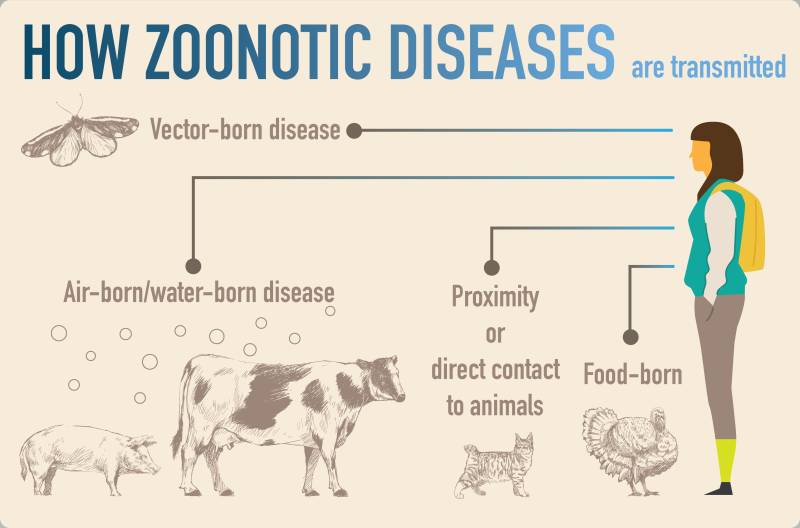Pandemic highlights danger posed by wildlife crime: UN report

Stay tuned with 24 News HD Android App

The novel coronavirus pandemic has highlighted the need to combat the threat to human health posed by the illegal trafficking of wild animals, according to a UN report published Friday.
The report published by the UN Office on Drugs and Crime (UNODC) points out "zoonotic diseases -– those caused by pathogens that spread from animals to humans -- represent up to 75 percent of all emerging infectious diseases".
"Without human interference through capturing, slaughtering, selling, trafficking, trading and consuming of wildlife, the evolution and transmission of the coronavirus that causes COVID-19 would have been highly unlikely," the UNODC said in its annual World Wildlife Crime Report.
Pangolins, the mammals thought by some scientists to be the possible host of the novel coronavirus, are the most trafficked mammals in the world and the report says seizures of their scales have increased tenfold between 2014 and 2018.
Pangolin scales are prized in traditional Chinese medicine -- despite a lack of scientific proof -- and used for the treatment of various diseases such as arthritis, ulcers and tumours.
The report warns that the current pandemic may worsen some forms of trafficking as some "wildlife products may be touted as 'cures' for COVID-19, notably bear bile".
In terms of other trends in smuggling of flora and fauna, the report noted that "demand for tropical hardwood timber has grown greatly in the last two decades" with illegal African rosewood entering some legal supply chains, such as the international wood furniture trade.
However, the report says the demand for African ivory and rhinoceros horn is in decline.
The report's analysis of trends in wildlife crime uses a database compiling details of 180,000 seizures from 149 countries and territories between 1999 and 2009.
"To build back better from the COVID-19 crisis, we cannot afford to ignore wildlife crime," UNODC director Ghada Waly said in a statement accompanying the report, calling for further anti-trafficking legislation to be adopted in affected countries, as well as better inter-agency co-ordination.
